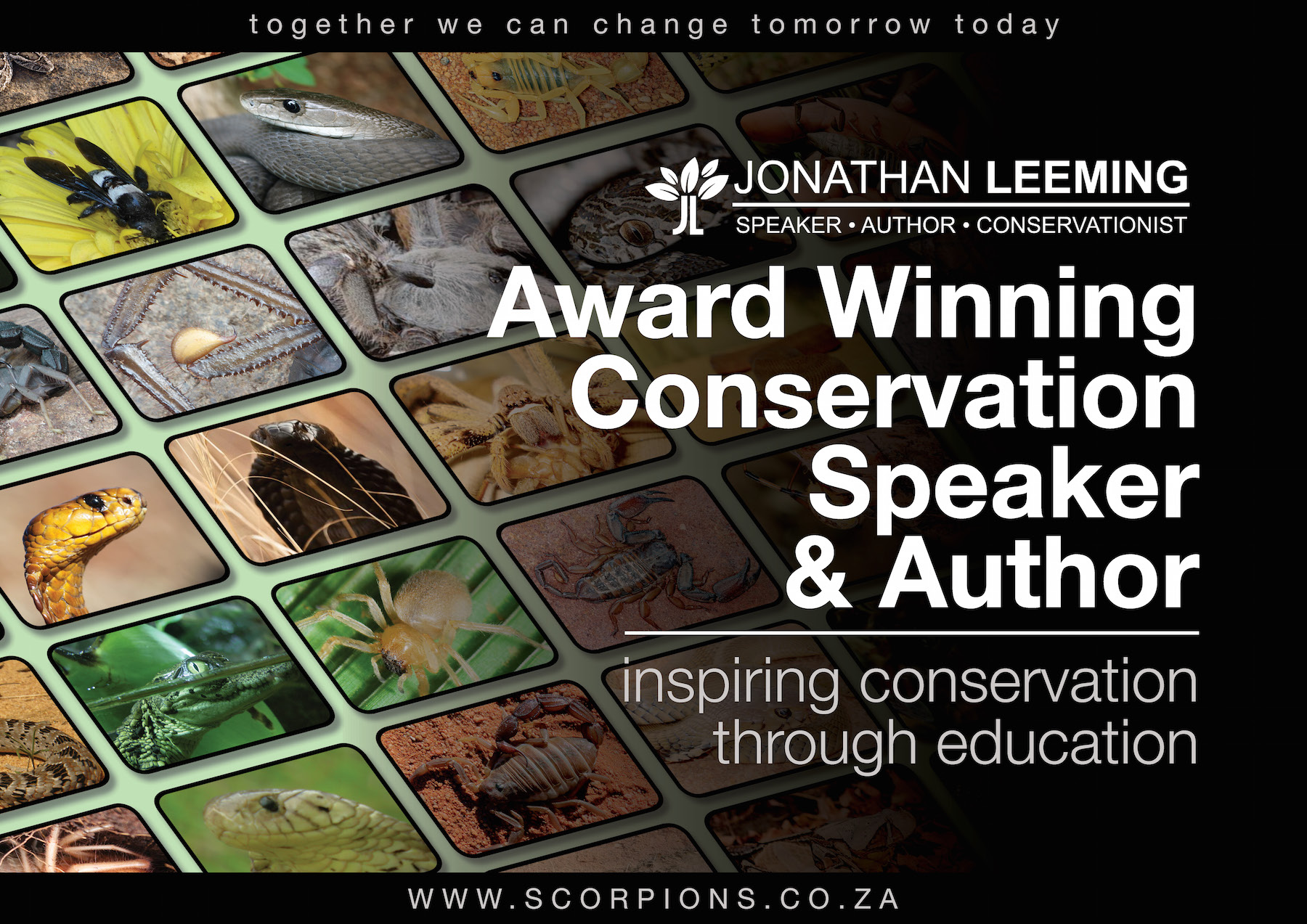
Spiders are fascinating creatures that have captured the imagination of mankind for centuries. However, for many people, a spider in the house represents an animal that the world would be better without. A creature that should be killed on sight!
It is interesting how 2 people can see the same spider and have completely different reactions! One person may be fascinated by the spider, while at the same time, the other person will be afraid of it. It is the same spider, the only differences is that these 2 different perceptions are being created by 2 different sets of values and beliefs.
Our values and beliefs are a lens through which we experience the world. It’s interesting to note that those people who are afraid of spiders are the same people who know the least about them. These individuals become susceptible to misinformation, questionable newspaper articles, social media hearsay and neighbourhood gossip. This creates a cycle of fear, which in turn, generates more ignorance which in turn, creates more fear. This cycle of fear and ignorance can however, be broken through deepening our knowledge and understanding.
French writer Anais Nin said “ we don’t see things as they are, we see things as we are”. If the first question you ask when you see a spider is how dangerous is it, then I would suggest you re-evaluate your values and beliefs.
More than anything else, venomous animals represent the furthest point of our disconnection from nature. Many people think that spiders are venomous animals that should be killed on sight. But, the existence of spiders is as necessary as the clean air that we breathe and the clean water that we drink.
Many people claim that a spider in the house is dangerous. However, it is not the animal that introduces the element of danger, but rather how we interact with that animal. In order to understand our disconnection from the natural world, consider the following principles of living in areas where venomous animals occur. These principles help us to understand our relationship with not only spiders, but other aspects of the natural world.
These principles are:
Our values and beliefs are often based upon what we do not know - It is difficult to understand how a person who knows very little about spiders, feels that the world would be better without them. It seems like those individuals who are least qualified to assess an animal’s value and right to exist, are the same people who make unjustified claims regarding the dangers that they pose. Basing our values and beliefs on what we do not know, rather than what we know, is essentially living a life of ignorance, which is a terrible way to exist.
Their existence is vital for a healthy ecosystem - Some people think that the world would be a better place if spiders did not exist. They are wrong. The environment functions as an infinite web of interconnections between living and non-living aspects of the environment. Until we can understand that all aspects of the natural world add value to the greater scheme of things (including ourselves), our actions will have grave consequences and we will never reconcile our position within nature.
Your actions determine the reaction - There is an understanding required that to work with venomous animals safely. It is not magic, but rather based upon respect. If you want to get bitten by a spider, then threaten it in some way. Try to catch it, try to harm it, try to kill it. The animal will defend itself the best way that it can… using its venom.
We can co-exist in harmony - We have nothing to fear from venomous animals except for a world where they do not exist. When people are concerned about spiders, the issue is not the spider, but their interpretation of what the spider represents in their own mind.
These same principles apply to our treatment of the environment. If we ignore these 4 simple principles, then our impact on the environment and on society will be profound.
Humans are unique on Earth not because of our intellect, but because of what we can do with our intellect. We have a profound impact on the environment
We share this planet and its life, its processes and its systems. Our health and our future are closely linked to the health of the environment. If we want to live a healthy life, then we need clean air, water, wholesome food, and an environment free of pollutants and poisons. Animals and plants support a healthy environment through how they interact with each other. Spiders represent just a single piece of the jigsaw puzzle of life that maintain the health of the environment, that ultimately, supports the systems that give us the basic requirements for life.
Looking after the environment and every aspect of life, ultimately means looking after ourselves. Our intellect gives us the ability to destroy the environment, and at the same time, we have the ability to support a healthy environment. The choice is ours.

This course is the product of many hours of work based upon years of experience. If you found it useful or of value, then please consider a small donation to help me offer more content like this!
I'm on a mission to reduce the burden of spider bites and scorpion stings across Southern Africa!
Newsletter | Public Events | Books & Workbooks | Presentations | Activities |Professional Development | Shop
